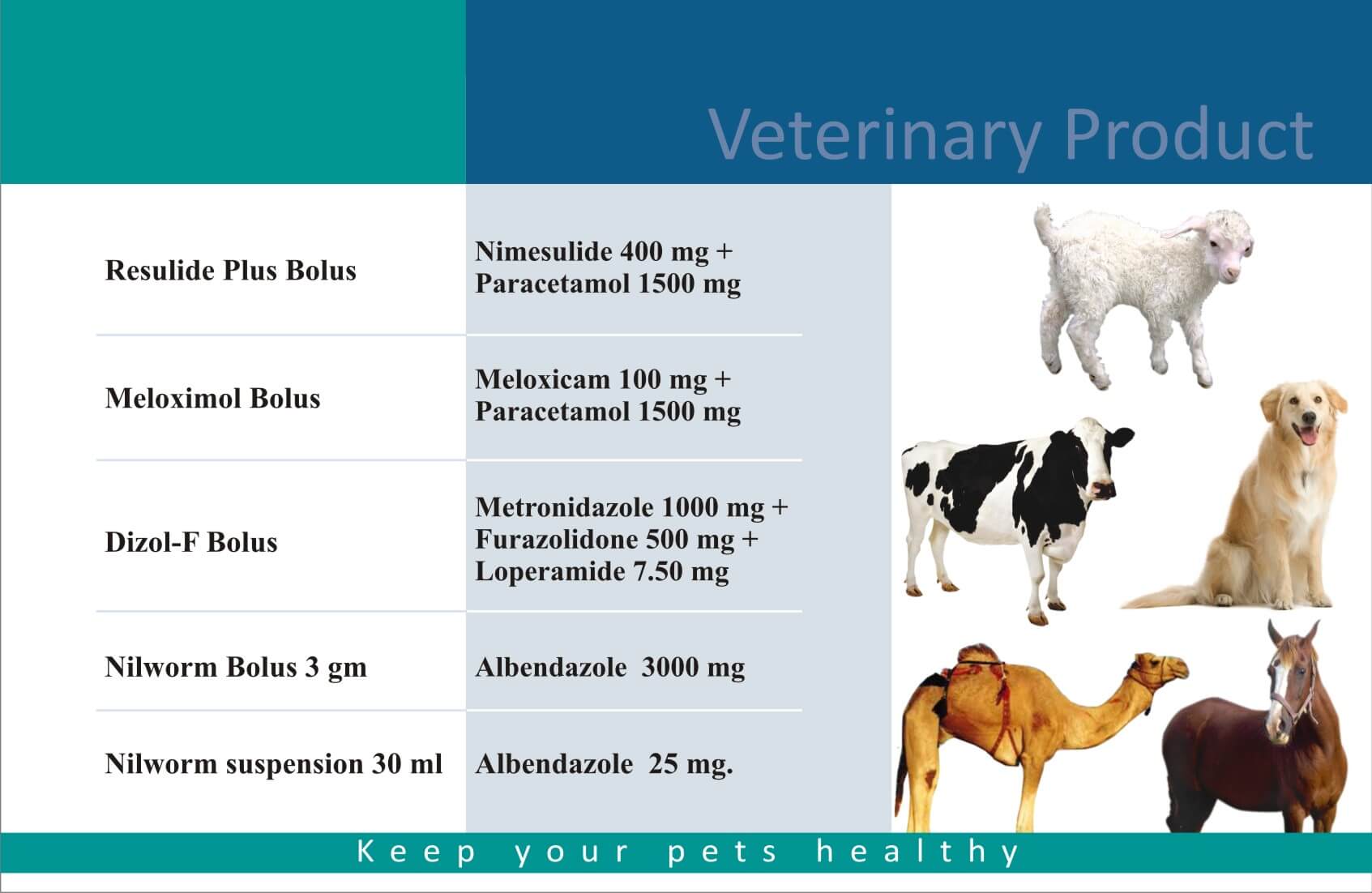The Role of Veterinary Labs in Protecting Pet Health
The Role of Veterinary Labs in Protecting Pet Health
Blog Article
Companion animals are invaluable, and ensuring their well-being takes proactive care. Veterinary laboratories are invaluable resources in identifying health issues for our four-legged friends.
This article, we’ll examine the importance of veterinary labs and review key diagnostic services.
How Do Veterinary Laboratories Work?
Animal health testing facilities provide health assessments for examining samples. These labs support animal doctors to ensure timely interventions.

How tests are conducted usually includes:
- Sample collection: Blood, urine, or feces are taken by the vet.
- Laboratory analysis: Technicians and machines evaluate the samples.
- Results interpretation: Labs share results with veterinarians for your pet’s benefit.
Common Veterinary Tests for Dogs and Cats
Veterinary labs offer many tests to manage chronic problems. Common exams include:
- Complete blood counts (CBC): Detect anemia or chronic conditions.
- Urinary health exams: Identify dehydration.
- Stool testing: Spot signs of infections.
- Allergy testing: Diagnose food or environmental allergies.
- Structural health assessments: Evaluate bone and joint health.
laboratorio veterinariolaboratorio veterinario popular
Why Diagnostic Exams Are Essential
Routine diagnostics helps catch problems early. By addressing concerns promptly, your pets stay healthier longer.

The importance of routine exams include:
- Effective treatments: Vets can tailor treatments.
- Avoiding costly emergencies: Early detection reduces expenses.
- Assurance about pet health: Regular tests keep you informed.
Why Testing Matters for Dogs and Cats
Pet health labs play a key role in modern pet care. By making testing part of their care, you catch issues early.
Act now to safeguard your pet’s future and give your furry friends the best care possible!
Report this page